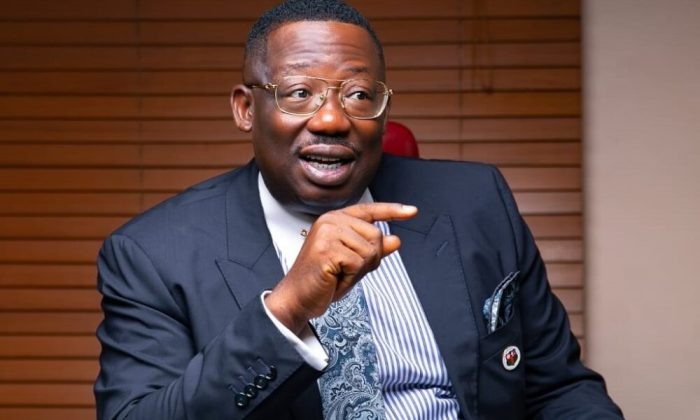At the 3rd National Conference on Non-Oil Export, National President of NACCIMA, Dele Oye highlighted Nigeria’s low non-oil export earnings, urging the government to tap into the $10.34 trillion global market.
Comparing Nigeria’s performance to countries like Brazil and Ghana, Oye called for urgent reforms, value addition, and improved infrastructure to boost exports and drive economic growth.

Leveraging Global Non-Oil Export Opportunities For Nigeria’s Economic Growth
At the 3rd National Conference on Non-Oil Exports in Abuja, stakeholders urged the Nigerian government to capitalise on the $10.34 trillion global non-oil export market to drive economic growth.
Specifically, National President of NACCIMA, Dele Oye, highlighted Nigeria’s low earnings of just ₦1.8 trillion from non-oil exports compared to global figures.
For instance, he cited Brazil, which earned $6.3 billion in a month from three commodities, and the Netherlands, which generated £721 billion from agricultural exports in 2019.
In comparison, Nigeria’s export performance lags behind its African peers.
In 2022, Côte d’Ivoire earned $4.8 billion, Ghana $1.8 billion, while Nigeria earned just $669,988 from cocoa beans.
Read Also: Report: 29% of Displaced Persons In Nigeria Lack Financial Access
As a result, Oye stressed the need for diversification, pointing to Kenya and Ghana’s success in agriculture.
The conference further emphasised the importance of adding value to exports.
Nigeria often exports raw materials at low prices, undermining its potential.
To address this, stakeholders suggested establishing processing facilities to add value, similar to Kenya’s success with flowers and fruit.
Minister of Industry, Trade, and Investment, Jumoke Oduwole, also called for commodity boards to streamline production, set quality standards, and improve pricing.
Moreover, access to finance was another challenge identified, with stakeholders recommending special funds or partnerships with financial institutions to support agricultural investments.
The conference ultimately concluded with a call for reforms in infrastructure, capacity-building, and export diversification to unlock Nigeria’s agricultural potential and boost economic growth.

